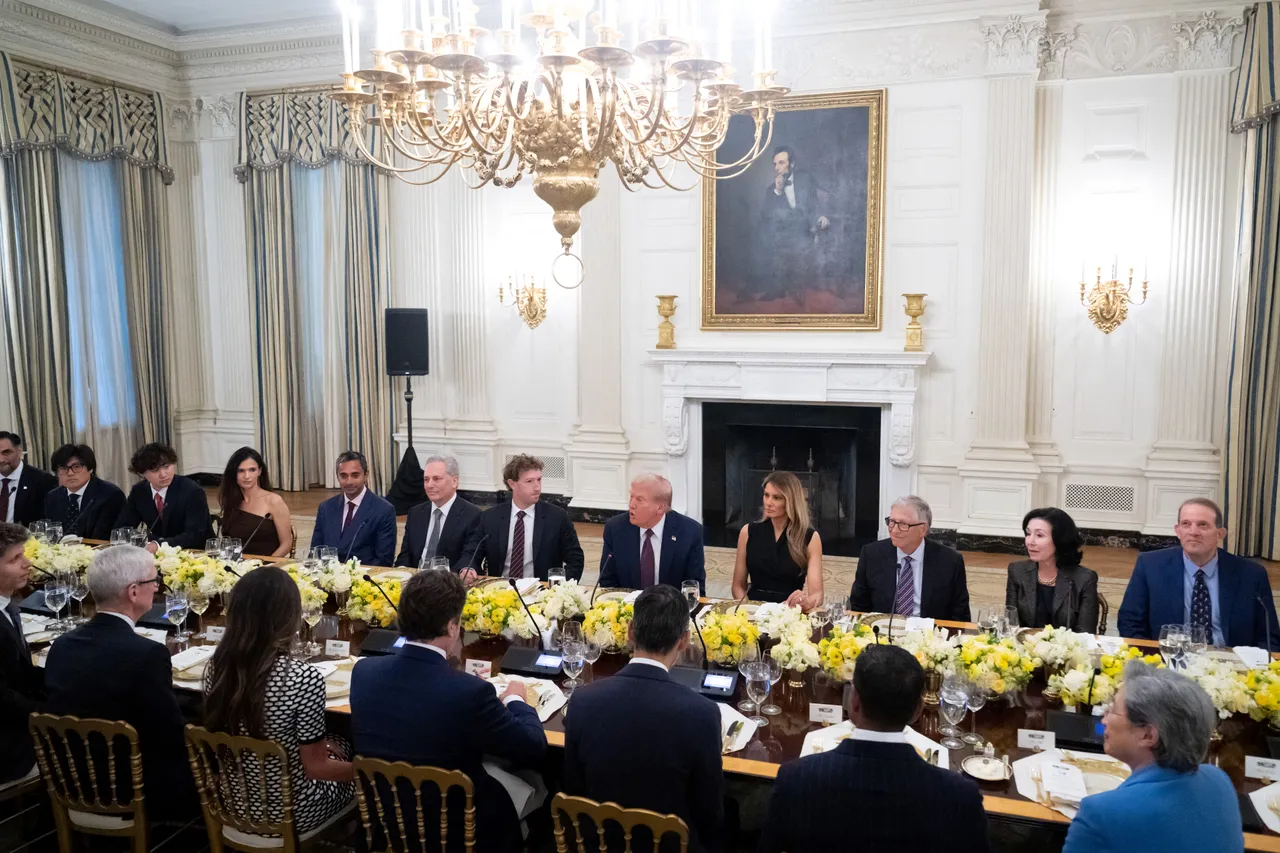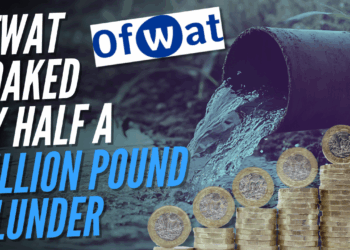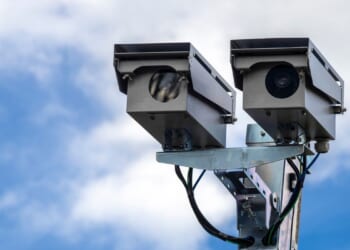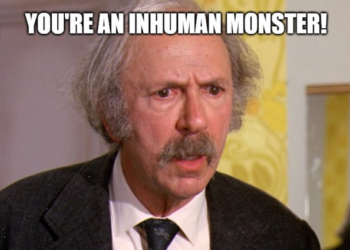With the Democrats having just swept three key special elections in New York, Virginia, and New Jersey – possible bellwethers for the 2026 midterms – let’s take yet another look at the role that Google, and, to a lesser extent, other tech companies, are playing in our elections.
I’ve been shouting about this issue since 2015, when I published an article in Politico called, “How Google Could Rig the 2016 Election.” Over the years, I’ve fleshed out this message in many articles and interviews, and I’ve testified twice before Congress about it – notably once before a committee chaired by Democrat Amy Klobuchar and once before a committee chaired by Republican Ted Cruz.
I’ve explained that rigorous controlled research conducted by me and my research team – all published in prestigious peer-reviewed scientific journals – shows that Google can shift between 20 and 80 percent of undecided voters toward one candidate without people’s awareness. In a national election, they can easily shift 10 million votes or more to their favorite candidate, who is usually left-leaning (like me!).
Beginning in 2016, my team and I also developed the world’s first nationwide system for preserving and rapidly analyzing the personalized, ephemeral content Big Tech companies can use to manipulate elections, indoctrinate children, and undermine human autonomy – content that is stored nowhere and that is normally lost forever. We figured out how to capture it. (RELATED: Conservative Activist Sues Google Over False AI-Generated Claims Of Child Rape, Abuse)
The system became fully operational in 2023, and it currently sends us data 24 hours a day from the computers of a politically-balanced group of more than 17,000 registered voters in all 50 states (with the permission of those voters). You can view the data being collected in real time at https://AmericasDigitalShield.
Our monitoring system is telling us right now that Google is up to its usual tricks – boosting liberal content and suppressing conservative content, among other things.
But this time there is a twist.
You’ve probably heard the phrase, “false flag operation,” but you may not know its origin. Starting in the 1500s in Mediterranean waters, while approaching their victim, clever pirates hoisted the national flag of the ship they were about to attack. By posing as friendly, they put their victims off guard, easily overcoming them.

TOPSHOT – US President Donald Trump and First Lady Melania Trump host tech leaders for a dinner in the State Dining Room of the White House in Washington, DC, on September 4, 2025. (Photo by SAUL LOEB / AFP) (Photo by SAUL LOEB/AFP via Getty Images)
This is exactly what Google executives have been doing to President Trump in recent months. They’ve been cozying up to him, while setting him up for slaughter.
Love him or hate him, everyone knows that Trump is a sucker for flattery, and if you throw money in his direction, all the better. A few weeks before the 2024 election, Google’s CEO, Sundar Pichai, called up Trump to wish him well, and after Google’s win, the company donated $1 million toward Trump’s inauguration, which earned Pichai a front-row seat. Other Big Tech companies followed Google’s lead.
At a small dinner at the White House this past September, Pichai thanked Trump for letting Google off so easily in the Department of Justice’s (DOJ) landmark antitrust case against Google, and Trump replied, “Great job. You’re doing incredible work.” As I discussed in a recent Daily Caller article, in an ambitious lawsuit against Google, the DOJ got a federal court to rule that Google was a monopoly. Normally, when that happens (to AT&T, for example), the court then breaks up the company, but this time the court did nothing. Thanks, President Trump! You’re our BFF!
Phone calls, dinners, and donations are just part of the story. Under pressure from the pending DOJ decisions and with our monitoring system collecting terabytes of court-admissible data around the clock, Google also backed off on some of its election manipulations in the months leading up to the election, cutting liberal bias in Google search by 20 percent and cutting liberal bias in YouTube recommendations by a whopping 50 percent. (RELATED: Google Reverses Course In Victory For Creators Banned From YouTube Over Political Speech)
Even more remarkable, on Oct. 31st, 2024 – a few days before the Nov. 5 election – we caught Google sending 50 percent more go-vote reminders to Democrats than to Republicans on its home page, which is seen more than 500 million times a day in the U.S. When we went public with our findings that night, Google stopped. From that moment on until Election Day, Google sent roughly the same number of vote reminders to both sides.
Backing off on that one manipulation could have deprived Harris of three million votes. This was not a minor sacrifice on Google’s part; it was gigantic.


![Scott Bessent Explains The Big Picture Everyone is Missing During the Shutdown [WATCH]](https://www.right2024.com/wp-content/uploads/2025/11/Scott-Bessent-Explains-The-Big-Picture-Everyone-is-Missing-During-350x250.jpg)




![Virginia Democrat Candidate's Leaked Texts Are So Bad Even MSNBC Turns on Him [WATCH]](https://www.right2024.com/wp-content/uploads/2025/10/Virginia-Democrat-Candidates-Leaked-Texts-Are-So-Bad-Even-MSNBC-350x250.jpg)








